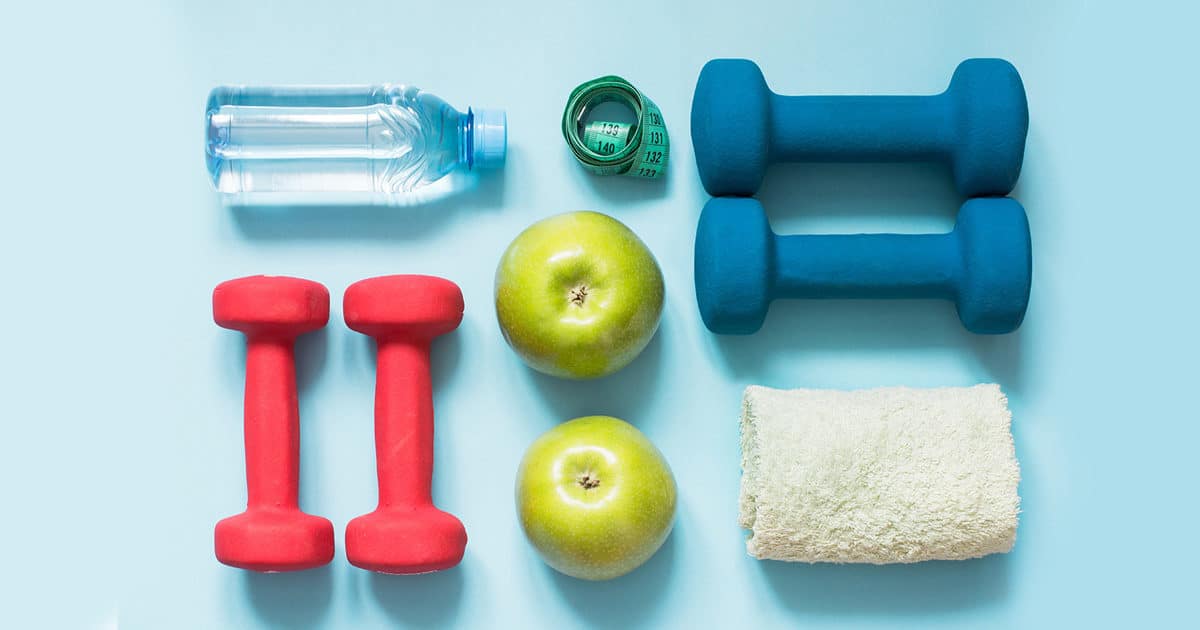There is a widespread misconception in our culture: the belief that more is always better. Whether it’s about boosting productivity or pushing the limits in our workouts, we’re often led to think that harder and faster is the way to succeed. However, when it comes to health, diet, and exercise, this mentality can sometimes be more harmful than beneficial.
Health, Diet, and Exercise: Quality Over Quantity
In our fast-paced society, popular media often glorifies restrictive diets and intense workout regimens as the ultimate routes to health and fitness. But the truth is, these extreme methods can backfire, leading to increased stress and elevated cortisol levels. This chronic stress response not only harms our overall well-being but can also hinder our progress towards our health goals.
The Downside of Restrictive Diets
The idea that “less is more” in dieting can be especially misleading. While strict, calorie-restricted diets may promise quick weight loss, they can disrupt our metabolism and overall health in the long run. Prolonged calorie restriction can slow down metabolism, upset hormonal balance, and lead to nutrient deficiencies, making it harder to maintain weight loss sustainably.
The Myth of “No Pain, No Gain” in Exercise
Similarly, the exercise mantra “no pain, no gain” can be counterproductive. While pushing ourselves can be beneficial in moderation, overexertion without adequate recovery can do more harm than good. Striking a balance between challenging workouts and sufficient rest is essential for progress and well-being.
Finding Balance in Health and Fitness
So, how do we find this balance? It starts with a mindset shift—valuing sustainability and balance over extremes. Instead of seeking quick fixes or drastic transformations, we should focus on gradual, sustainable changes in our diet and exercise routines. This means choosing nutrient-dense foods that nourish our bodies and engaging in physical activities that we enjoy and can maintain long-term.
Embrace a Balanced Approach to Wellness
By approaching diet and exercise with moderation and mindfulness, we can achieve lasting results without compromising our health. Let’s move away from the “more is better” mindset and embrace a balanced approach to wellness—one that respects our bodies and supports our journey to optimal health.







